Good eveningpublished at 17:15 GMT 11 February 2021
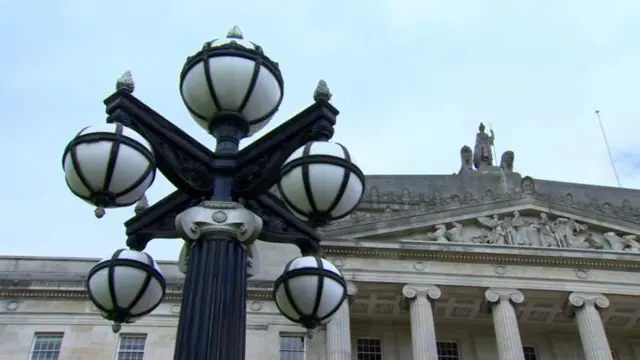
That's all from Stormont for today.
We'll be back on Monday morning with a full plenary session of the assembly.
In the meantime, keep warm and have a great weekend.
Health Minister Robin Swann and Chief Medical Officer Dr Michael McBride outlined the response to the Covid-19 pandemic
Department of Health officials briefed MLAs on the draft budget for 2021/2022
Solicitors' representatives briefed MLAs on Committal Reform Bill
Public Prosecution Service gave evidence to Justice Committee on Committal Reform Bill
Robin Sheeran and Caroline McClatchey

That's all from Stormont for today.
We'll be back on Monday morning with a full plenary session of the assembly.
In the meantime, keep warm and have a great weekend.
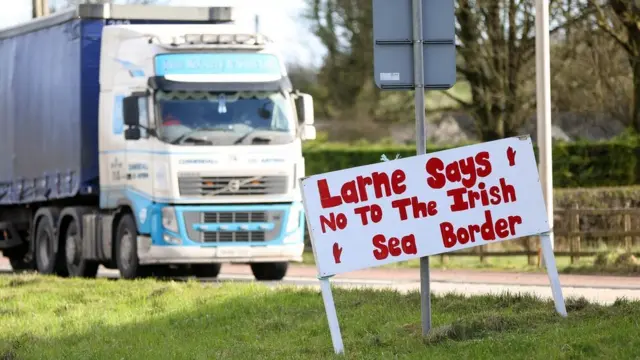 Image source, Pacemaker
Image source, PacemakerA Stormont investigation is to take place into the suspension of checks at post-Brexit border posts in Northern Ireland.
The Department of Agriculture temporarily suspended physical checks at Larne and Belfast ports amid security concerns.
Its staff returned to work on Wednesday.
Members of the Agriculture Committee voted five to three in favour of an inquiry on Thursday.
You can read more on this story here.
Paul Givan thanks the witnesses from the PPS for their presentation.
He moves the members on to a number of items of committee business.
The Protection from Stalking Bill passed its second stage in the assembly this week and the members agree how to proceed with the committee stage.
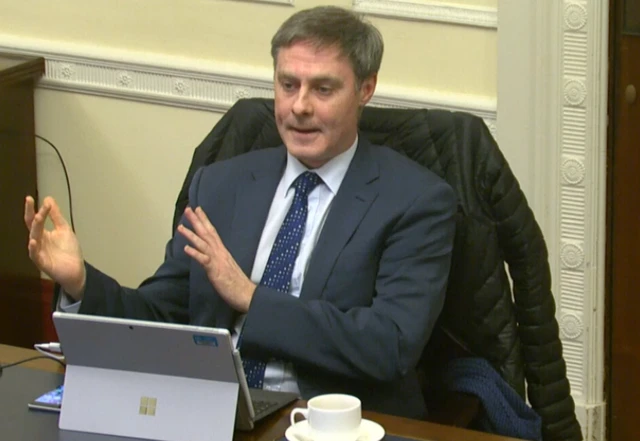 Image source, Ni Assembly
Image source, Ni AssemblyPaul Frew, of the DUP, says "there seems to be a massive issue around delays at the investigatory stage, ie the police stage and the PPS stage".
"Is that unfair in your eyes?" he asks.
"I think it's important that we do recognise that there are issues around the investigation, the prosecution side of it, that can be improved," Michael Agnew.
He says there are a number of initiatives under way to address this.
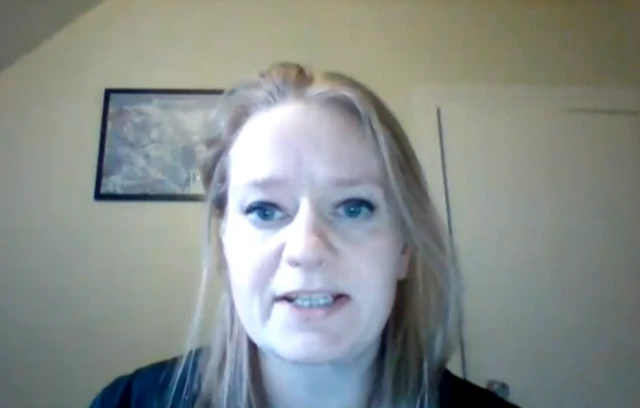 Image source, NI Assembly
Image source, NI AssemblyThe Green Party's Rachel Woods asks what effect the proposed changes could have on legal aid.
Michael Agnew, of the PPS, says there will be a completely new set of processes around indictable-only offences and "all of that needs to be factored into a revised scheme in the overall cost".
He says it is important that the defence are "properly remunerated for work that needs to be done upfront at an early stage of the case".
Sinéad Bradley, of the SDLP, wonders if a more formal framework will actually resolve the problems.
"The formal framework gives us some opportunities that we don't have at the minute in the magistrates' court," says Michael Agnew.
"There will be cases where an expert report is going to take a long period of time but if we resolve certain cases earlier or if we find other contested cases where we don't need a DNA report, we can then target resources.
"Hopefully you have less work within the system and you can then potentially speed up the work that you do have,"
Gordon Dunne, from the DUP, raises concerns about the lengthy evidence-gathering process and wants to know if the PPS are doing anything to address it.
"It is the responsibility of the prosecution team, the police and the investigator, to try and ensure that evidence is made available as quickly as possible," Michael Agnew says.
"If the case is before the court, the court will keep seeking to ensure the case is progessing towards a committal hearing."
Mr Dunne suggests targets should be introduced.
 Image source, NI Assembly
Image source, NI AssemblyDeputy chair Linda Dillon says "there needs to be a cultural change, right throughout the system" from the investigating officer to the PPS "and right through to the judiciary system".
Mr Agnew says that in England and Wales there are "procedural rules" and there is a handbook of practice directions.
He says the PPS would "strongly support" such an initiative in Northern Ireland.
Paul Givan says the Law Society and the Bar have made their views clear that the abolition of the committal element would not actually speed up the process because it is the investigation that takes up the most time.
"Are you not just moving this problem into the crown court?" he asks.
Michael Agnew says there are examples of contested committals causing significant delays, some taking six to 12 months or more.
"One sexual offence took three years from the first date for committal to the actual return for trial," he says.
"In those cases, it will automatically make a difference."
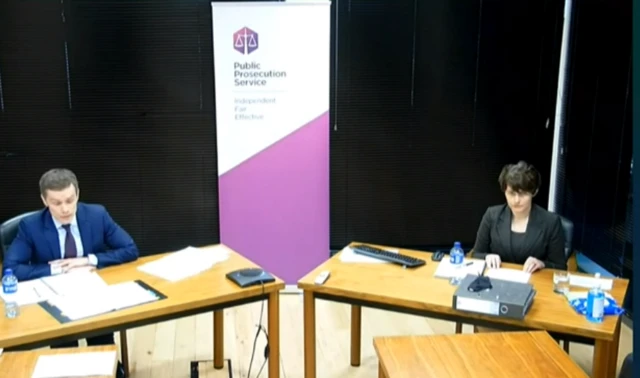 Image source, NI Assembly
Image source, NI AssemblyMichael Agnew opens the presentation for the PPS.
He say he will address the issue of whether the right to require a witness to attend a committal to give oral evidence should be retained.
His colleague Francesca Keaney will speak on the expansion of the range of offences to be subject to the new direct committal procedures.
He says the PPS "supports the abolition of oral evidence at any hearing intended to address the sufficiency of evidence available to place a defendant on trial".
Mr Agnew says the right to require oral evidence can cause a witness "stress and often trauma" in their experience of the criminal justice system.
He says that mixed committals can also result in "very significant delays".
Ms Keaney explains that direct committals were originally intended to apply only to cases of murder and manslaughter.
The bill expands this to include any case where the defendant has been accused of an indictable offence, one that must be tried in the crown court.
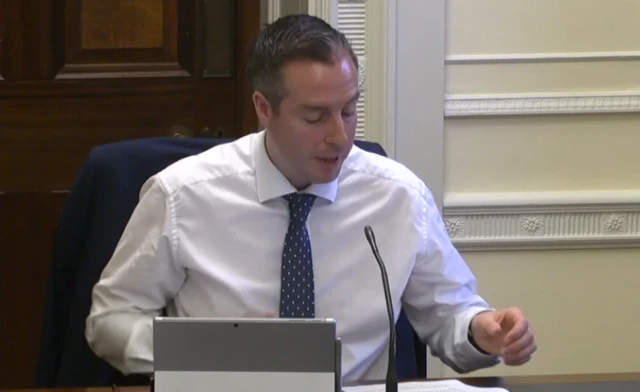 Image source, NI Assembly
Image source, NI AssemblyPaul Givan thanks the two Law Society witnesses, and turns to the next item on the agenda.
Two representatives of the PPS (Public Prosecution Service) are briefing the committee on its view of the Committal Reform Bill.
They are Michael Agnew and Francesca Keaney.
The DUP's Paul Frew wants to now if there is any way to stress-test the evidence without stress-testing the witnesses, victims and even the accused?
Paerse MacDermott says the current proposals would prevent witnesses being called to give evidence on the basis they might have to give evidence twice and the complete abolition of committal.
"There is certainly a provision that could be allowed in which a judge still assesses the documentation and the strength of the prosecution case without witnesses being called.
"The abolition of committal proceedings entirely to try and prevent witnesses giving evidence twice is throwing the baby out of the bath water."
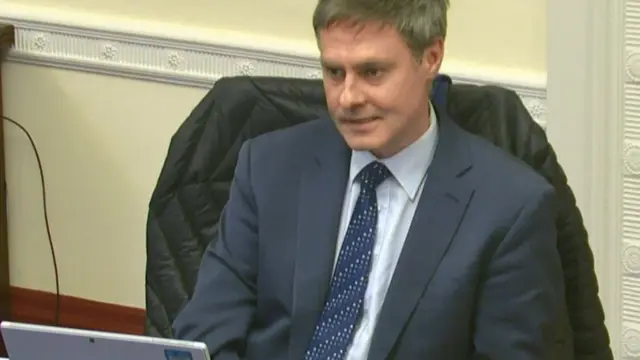 Image source, NI Assembly
Image source, NI Assembly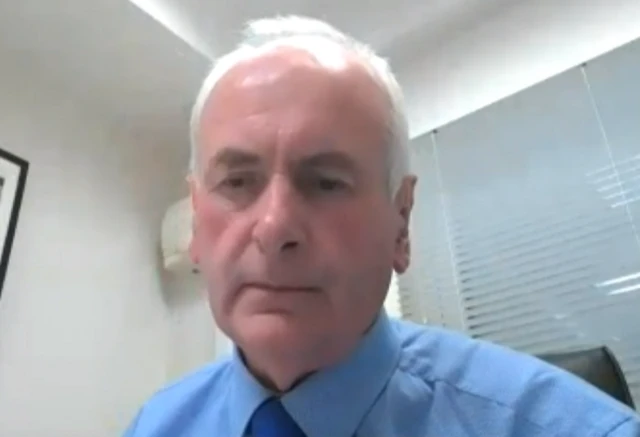 Image source, NI Assembly
Image source, NI AssemblyThe DUP's Gordon Dunne asks how cases are prioritised "and who is responsible for progressing the cases?"
He says "legal eagles don't have a reputation of speed".
"I think you must be going to the wrong solicitor if you don't get a speedy response," jokes Pearse MacDermott.
On the prioritisation question, Mr MacDermott says it may be worth asking the PPS (Public Prosecution Service) officials who are appearing at the committee later this afternoon.
He says he doesn't accept that delays in the justice system "are down to solicitors".
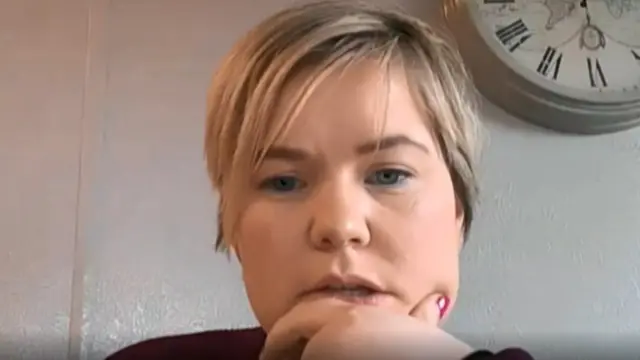 Image source, NI Assembly
Image source, NI AssemblyEmma Rogan, from Sinn Féin asks, given all the delays due to Covid, what impact could we potentially see if time frames aren't adhered to? Would guilty people walk free?
Paerse MacDermott says a person who is in custody, having been charged, would be entitled to be considered for bail and often that would come with conditions such as curfews and tags.
"The importance of [custody] time limits is not that people who are potentially guilty are set free, it's that the person who is in custody, who may not be guilty, should not stay in custody any longer than they have to."
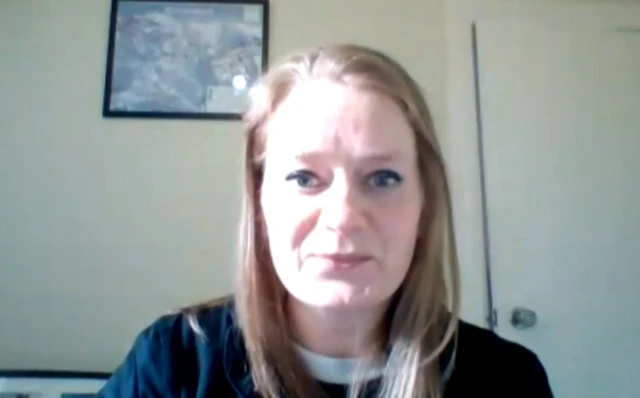 Image source, NI Assembly
Image source, NI AssemblyRachel Woods, of the Green Party, asks about collaboration and early engagement between the prosecution and defence to help prevent delay.
"Does that require legislation?" she asks.
"I don't think it does require legislation," says Pearse MacDermott.
"I think what it requires is a change in police and a change in the process up to now."
Jemma Dolan, from Sinn Féin, asks if there is any other way of resolving non-disputed issues between parties in the absence of a committal hearing.
Eoghan McKenna tells her: "We have that approach from the outset, from when an individual is arrested.
"We are trying to get information to allow us to advise the individual better. We would speak to the police officers involved in the question sessions, inteviews. Again, when the case proceeds to court we will engage with the prosecutors.
"Again what is missing in this debate is that a lot of these indictable cases are actually withdrawn before a committal is suggested."
 Image source, NI Assembly
Image source, NI Assembly Image source, NI Assembly
Image source, NI AssemblyUlster Unionist Doug Beattie thanks the witnesses for an interesting presentation and says the bill "seems to be completely focused wrong".
He notes the Law Society's argument that the delays stem from the evidence-gathering "that is the PSNI, the forensic science and the PPS".
Mr Beattie wants to know from the witnesses if there is anything within the processes that could be "tweaked" to speed up the procedure.
Pearse MacDermott says: "You've got our point exactly. We don't believe the removal of committal proceedings will change the speed of the process at all."
He says that delays at the evidence-gathering stage are "simply down to resources".
"Court resources are also finite," he says.
Linda Dillon, from Sinn Féin, says her focus is on witnesses and victims potentially being cross-examined twice.
"It is something I have grave concerns about," she said.
Mr Eoghan McKenna, from the Law Society, says again that is where there needs to be more detail.
 Image source, Northern Ireland Assembly
Image source, Northern Ireland Assembly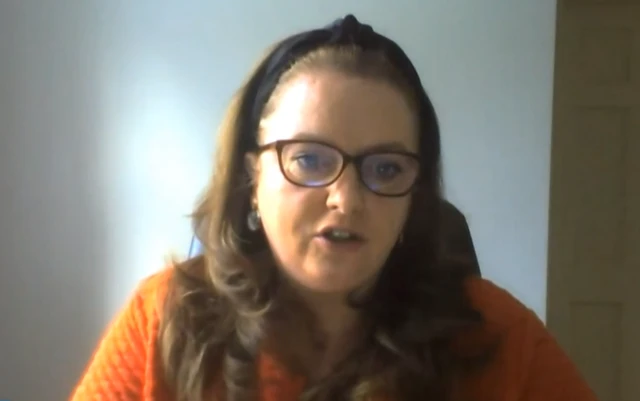 Image source, NI Assembly
Image source, NI AssemblySinéad Bradley, of the SDLP, says she's concerned by Mr MacDermott's statement that he's not fully aware of the proposal being put by the department "and that's not the first time we've heard that".
"It's the fine detail," replies the Law Society witness.
He says the mechanics of the proposed system are not clear:
"We just don't know how the process is intended to work."
Ms Bradley asks how much a lawyer is paid for a committal proceeding.
Mr MacDermott says the fee is £820 "and that can encompass 25 appearances at the magistrates court".
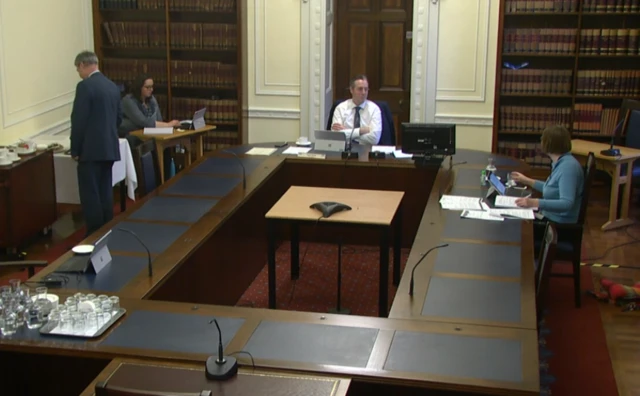 Image source, NI Assembly
Image source, NI AssemblyPaul Givan has a couple of questions on the issue of preliminary inquiries and whether the process is being underutilised.
"A lot of lawyers don't because the threshold for returning someone to the magistrates' court has remained quite low.
"Once you actually scrutinise a case in any depth and a judge has a chance to look at it, a lot of cases which we believe would result in an acquittal at the crown court could well be dismissed at an earlier stage."
"What is more traumatic [for a victim] - having a case potentially dismissed at a preliminary inquiry or going through a full court case?" asks Paul Givan.
Mr MacDermott from the Law Society says he agrees with him yet again, and this process can be both an effective method for both protecting defendants and "bringing closure" for witnesses and victims.